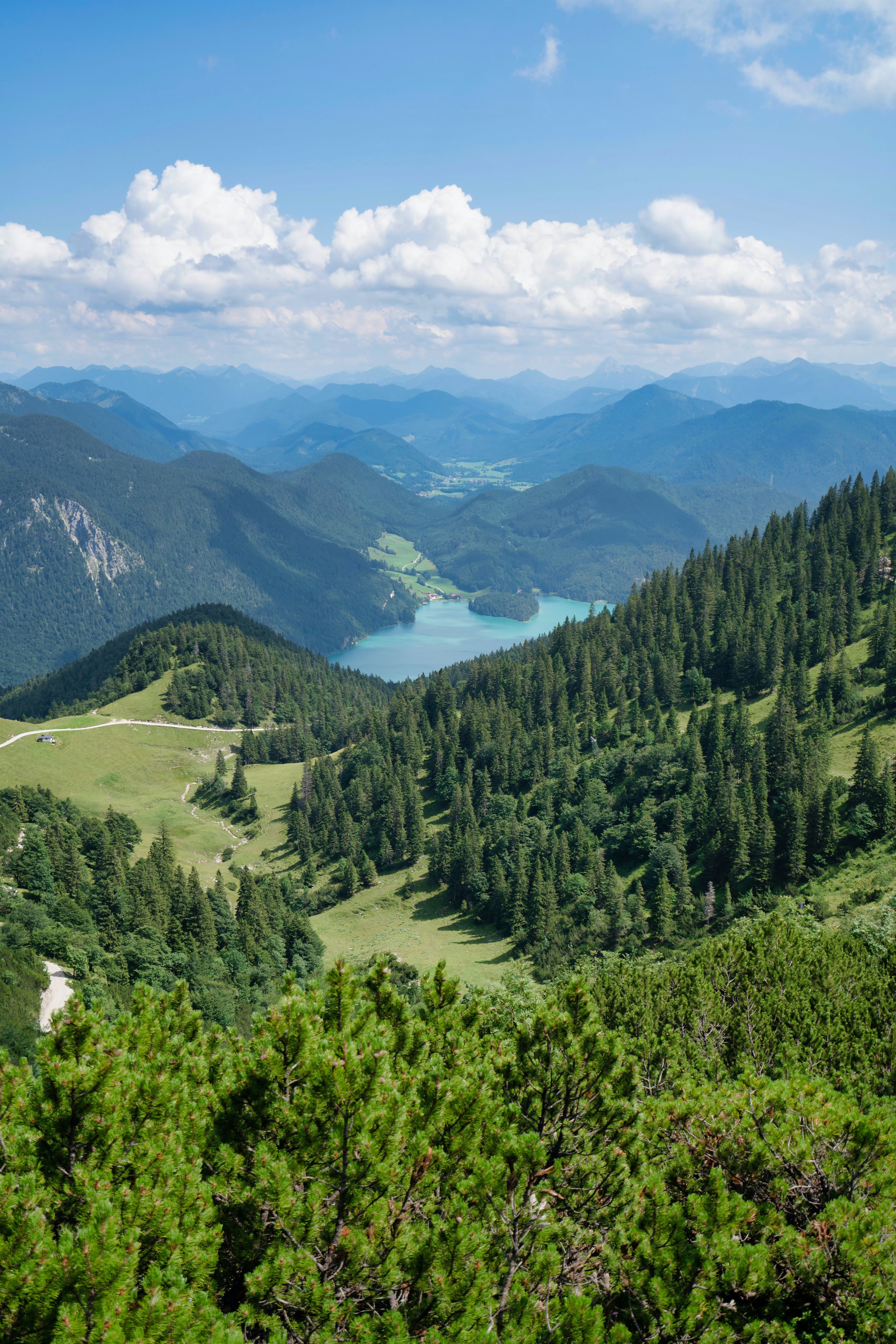Falling into the Sommerloch
Traditionally, the end of July and beginning of August sees large parts of Europe shut down, as people head off on holiday, or at least take some time off work. Most European countries have their own name for this prolonged period of downtime, which tells us something about how cultures see this annual event. Never lacking for dramatic flair, the French call it “la morte-saison” (the dead season), while the realists of Finland describe it as the “mätäkuun juttu” or “Rotting Month”. The names we give this liminal space also tell us about deep cultural connections. It can’t be a coincidence that Danish, Dutch, Norwegian, Polish, Slovak, Hungarian, and Hebrew all have some variant on the idea of “cucumber season” or “cucumber time”, suggesting not only a love of the elongated green vegetable, but also an appreciation that many farmers across the continent will be busy harvesting, rather than sunning themselves on foreign beaches. In Britain, where the media dominates public life, we call it “the silly season”, referencing the fact that newsworthy stories dry up as Britain’s politicians go on summer recess. With less news to fill the column inches, anything, no matter how trivial or idiotic, will find itself splashed across the front pages of tabloids and broadsheets alike.
As you might expect, Germany also has its own take on the theme. Here the fantastically accurate “Sommerloch” (summer hole) is used, which speaks to the poetic nature of Germans and their desire for hyper specific, highly descriptive nouns. It’s especially apt, since summer in Germany can feel like falling into a black hole, especially for those of us still working during the summer months. German summer doesn’t slowly reveal itself, it happens suddenly, rather like the Rapture. One minute you’re sharing lunch with your colleagues, the next you’re wandering deserted halls of closed office doors, as colleagues head off on holiday. Workplaces become quieter, meetings slow to a trickle, and your only communication with the outside world comes in the form of an inbox full of out-of-office emails. The Summerloch is never announced, it just envelopes you, but there are indicators to watch for.
One very German indicator that we’re on the chasmic precipice of summer is the amount of traffic on the roads. Rush hour in all but the most populous cities becomes a breeze, however parking does remain an issue, since choosing a space in a near empty car park can lead to a paralysis of choice. Conversely, for those who live in or near popular holiday destinations, traffic explodes, especially on the Autobahn, as the roads become populated by out of state drivers. Many Germans choose to holiday domestically, and despite rail travel becoming cheaper, they still tend to drive. Germans will often complain about non-German drivers on the roads during the summer, with the Dutch and their love of caravan holidays taking the brunt of the criticism. Although I do see more Dutch, Swiss, and Austrian number plates on the roads in August, I see far more northern Germans trundling down the motorway at 50kmh, pulling trailers lazily behind them.
As Germans crisscross the country, it begins to feel like the whole population is shifting poles. Northern Germans head south, either to visit Bavaria or Baden-Württemberg, or they simply pass through, on the way to Austria and Italy, while southern Germans head north to visit the famous beaches and, of course, the sea. The popularity of domestic holidays does make a lot of sense in a country as diverse as Germany. Not only does the scenery shift dramatically, but so do the forms of German, meaning that you can find yourself in the same country, but not entirely sure what anyone is actually saying. This makes everything feel a little foreign, or at least different enough from wherever home might be. Holidaying domestically is certainly cheaper, but it also has other important added benefits. Staying means Germans avoid complaining about the lack of decent bread, or the price increases on the average Pizza Hawaii.
Although fluctuations in the traffic and the switching of North and South are good indicators German summer is upon us, my personal signal is the closure of the office canteen for August, meaning I have to hunt further afield for my morning Butterbrezel. That being said, there are other indicators that remind me of the UK. They may not use the term “silly season” in Germany, but the news does go a little deranged as summer progresses. This was exemplified at the end of last week, when for 48hrs, German attention was entirely focused on reports of an escaped lioness roaming around Berlin. As breathless reports poured in, so too did a healthy amount of mockery, which reached a crescendo when Michael Grubert, Mayor of Kleinmachnow, appeared on TV to announce that it probably wasn’t a lion after all, but a wild boar. Though the safari adventure in the Berlin capital was short lived, it did go to show how one story can easily come to dominate the headlines when there’s nothing else to report on during the gaping maw of summer.
Mostly, the lack of domestic news is down to politicians taking summer vacations. Like the House of Commons in the UK, the Bundestag takes its Sommerpause from the middle of July to the beginning of September, meaning most sensible politicians get the hell out of Berlin for at least a few days. The smartest ones tend not to tell anyone where they’re going, just in case they get caught looking less than beach ready as they stroll along the seashore. For Chancellor Olaf Scholz, this is explained as a security measure, no one is allowed to know where the head of the government holidays, until after their summer break. Although it’s known that Scholz, like many of his compatriots, enjoys holidays in southern Bavaria, no one currently has any idea where he is. Personally I like to imagine he’s raving his face off in a godforsaken nightclub on a Mediterranean island somewhere, neck-tie around his head and suit jacket tied firmly around his waist.
It would be a mean spirited person who complained about people taking time off, even politicians, but for those left flailing in the Sommerloch, things become that much harder. If you happen to work on team projects, things will grind to a halt as important colleagues vanish for weeks. The impact is also felt by anyone who needs to contact or deal in any way with Germany’s government employees. Often criticised for being less than efficient at the best of times, German bureaucracy essentially hangs a “Gone Fishing” sign on Town Hall doors across the Bundesländer. Left with skeleton crews of administrators, whole departments stop functioning, with the oft-repeated promise that “someone will get back to you” being the only reply to most requests. This can be the most frustrating time to have an issue that can only be resolved by a Beamter on the beach.
For the most part, the “Sommerloch” is barely noticed by those enjoying it, and the vast majority of Germans will eventually, and very willingly, leap head first into the black hole at some point. It’s not a bottomless pit, mind you, after all, September comes much faster than many expect. Nevertheless, I’ve come to accept the inevitable slowdown of summer and the effective shutdown of Germany. It’s not all bad, especially when it comes time for me to take my own summer plunge.
Proofreader: @ScandiTina
Image Credit
Photo by Valentin Lacoste on Unsplash
Photo by Etienne Girardet on Unsplash
Photo by Aleksandr Eremin on Unsplash
Photo by Datingjungle on Unsplash
Photo by Katja-Anna Krug on Unsplash









